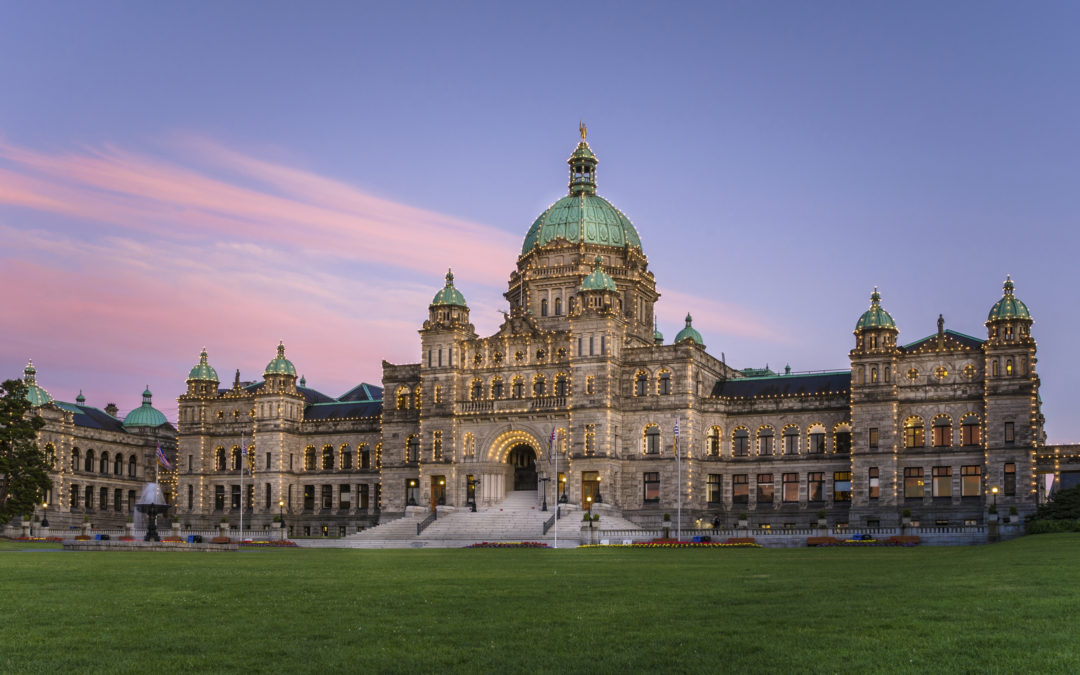Just three weeks after a critical by-election victory which secured the stability of its 17-month old minority government, BC’s NDP government has delivered its second balanced budget.
Building on the theme of middle-class affordability established by last year’s measures to constrain runaway housing prices, Finance Minister Carole James unveiled an ambitious plan to reduce costs for middle and lower-income families, invest in infrastructure and tackle climate change – all while emphasizing the importance of maintaining BC’s strong economy.
In a political line meant to contrast the NDP approach from their predecessors, James stated in her budget speech “the past government made the choice to make life easier for the few at the top, at the expense of everyone else,” underlining the populist elements of the budget.
James further drove her government’s political message: “People were told they had to choose between a strong economy or investments in people. We have shown that putting people first is the responsible thing to do. It’s good for people, good for our economy, and good for our province.”
Highlights include:
- A new BC Child Opportunity Benefit, providing nearly $400 million to families with children starting October 2020, and full elimination of the annual $1,800 Medical Service Plan premium, together comprising what James calls “the largest reduction in middle class taxes in a generation.”
- $902 million for Clean BC, a program to reduce BC’s greenhouse gas emissions by 40 per cent of 2007 levels by 2030. This includes $107 million to build charging stations for battery electric and hydrogen fuel vehicles, and incentives to help consumers buy them.
- The largest infrastructure investment in BC history — more than $20 billion in capital investments in health, transportation and education. This includes $4.4 billion over three years to upgrade hospitals, medical and diagnosis equipment.
- More than $800 million in business tax reductions over the course of the fiscal plan to support investment in new plants, machinery and equipment, a 20 per cent reduction in the small business corporate income tax rate from 2.5 to 2.0 per cent, and the elimination of PST on non-residential electricity to save businesses $150 million annually.
- Eliminating interest on BC student loans effectively immediately.
BC continues to enjoy strong economic growth and projects annual growth rates of 2.4 and 2.3 per cent in 2019 and 2020. This stands well above the Canadian average of 1.8 per cent in both years. Budget surpluses of $374 million and $274 million are projected for 2018/19 and 2019/20.
The budget now moves to debate and must shortly survive a vote in the legislature. The minority NDP government will need the support of all three Green Party MLAs, and while Green Leader Andrew Weaver has in recent months expressed disagreement with the government on a number of issues, his party’s poor showing in the recent Nanaimo by-election suggests they are unlikely to trigger an election at this time.

